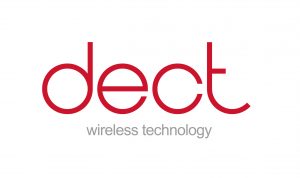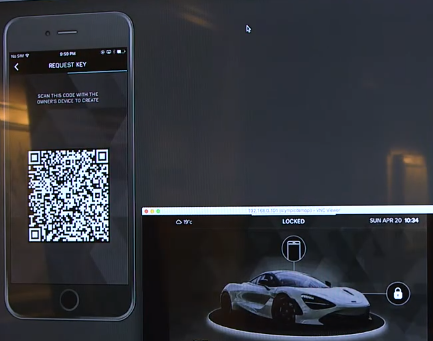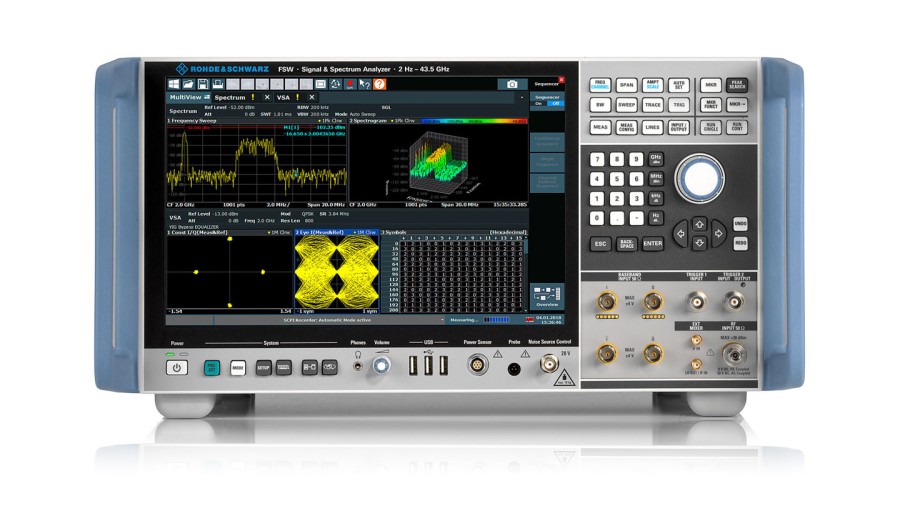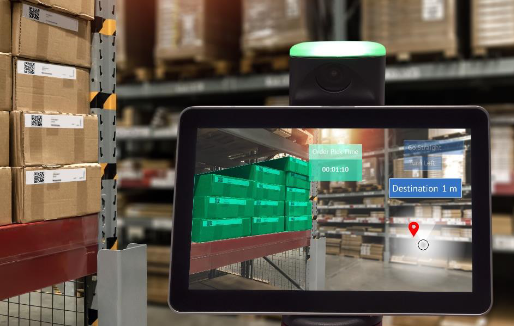Most of 2020 has been beset by the global Covid-19 pandemic. Workers have had to become used to working from home rather than their super-connected office environment
Most of 2020 has been beset by the global Covid-19 pandemic. During this time, when travel has been restricted and social distancing has become a way of life, workers have had to become used to working from home rather than their super-connected office environments. Habits have changed. Virtually overnight it has been necessary for millions of people to adjust to new ways of working, enabling business communications capabilities within their home office, spare bedroom and sometimes even their garden shed! For the curious, or just plain nosey, this has been a great opportunity to see where their colleagues live and to get to know their families and pets as they wander inadvertently into online business video calls.
One interesting development resulting from this step-change in working practices has been a resurgence in the use of landline telephony for both voice and data communications. This is highly relevant to the DECT community, and for this reason the DECT Forum chose to partner with Parks Associates, an internationally recognized market research and consulting company specializing in emerging consumer technology products and trends. Rather than rely on hearsay and casual observations, the goal was to establish conclusive data supporting the idea that the landline remains a vital resource.
The resulting report Market Snapshot: Voice as a Lifeline and the Transformation of Home Telephony is now available for download from the DECT Forum website (follow the link to be taken to the downloads page). We would like to share with you some of the reports findings.
Here, then, are some of the key takeaways:
Parks Associates’ research revealed a surge in home telephony during the COVID-19 outbreak. The Market Snapshot found that as of May 2020, 30% of US broadband households reported one remote worker and 22% reported another adult was working remotely in the household. These conditions contributed to the recorded increase in voice and video calls reported by Comcast, AT&T, and Verizon. Globally, Deutsche Telekom, Virgin Media, and Orange Group also noted increases in mobile and voice traffic and increased strain on their networks.
Working from Home – The recent necessity of remote workers, either mandated by local ordinances or voluntarily adopted by companies, has accelerated a movement that was well underway. WFH has shifted the burden of telecommunications from the office to the home, competing now with every other personal use of home networks. Video conferencing apps — Zoom, Microsoft Teams, GoToMeeting, RingCentral, and Google Meet — are enabling WFH employees by enhancing traditional voice calling with video conferencing, screen sharing, IM/chat, and other collaboration tools. Businesses are commissioning enterprise telephony hardware, from headsets to desktop office phones, for home use.
Healthcare needs – With the closure of physicians’ offices, the use of telehealth services nearly tripled in the US between April 2019 and May 2020. Almost half of telehealth contacts were with local physicians. US telehealth services specifically by phone increased 170% YOY as phone calls remain the dominant telehealth modality.

Elder care and the vulnerable – Elders and the vulnerable at high risk to both COVID-19 and social isolation turned to voice calls for safety and access to critical services. Detailed findings include:
- A UK call centre for personal emergency alert (PERS) systems serving the elderly has seen a 14% increase in emergency calls since the COVID-19 crisis began.
- In the US, 911 emergency calls are most reliable and specific when landlines associated with an established physical location are used.
- When the pandemic began in Germany, calls directly to a hospital emergency room had to be made from a landline or otherwise be routed through a nationwide mobile call centre.
Traditional Fixed-Line – As service providers and government officials expressed public concern over network capacity and resilience, German handset manufacturer Gigaset reported that many consumers in certain European regions upgraded their fixed-line telephones to ensure a reliable backup system was in place. Households that had a working fixed-line in place due to bundling with broadband service, even though unused, purchased updated fixed-line phones. Gigaset reported sales of its DECT fixed-line phones and VoIP headsets from its online shop grew by 400% during the first few weeks of lockdowns.
VoIP – Telephony hardware manufacturers for enterprise devices reported that sales experienced a huge rush during the first two months of the pandemic as work-from-home requirements drove enterprises to provide VoIP-enabled devices. Telephony manufacturer Snom experienced a ten-fold increase in sales of headsets and supporting modems that can plug into a laptop or desktop IP office phone. Sales of Wi-Fi and DECT USB sticks increased by 20-70% depending on model. Snom also reported a new phenomenon of workers taking their office desktop IP phones home with them for the benefits of audio quality, speaker phone features, integrated contact lists, and line-switching capabilities. Similarly, Jabra reported a major uptick in sales of headsets and headphones that created backorders for many models.
The role of DECT – With its longevity, DECT is now installed in over a billion systems and three billion telephony devices. DECT is found in around 100 million European home gateways, and almost 50 million new residential systems are sold each year.
DECT is also often used in wireless headsets used by call centre workers and others for workplace fixed-line and VoIP calls. In the workplace, DECT has provided a valuable technology for interfacing with both analogue and IP telephony phone systems while freeing workers to roam a greater range (up to 250 meters), and handoff calls to conference room lines, mobile lines, or home lines.
During the pandemic, BT (British Telecom) shifted over 8,000 of its customer service agents from contact centres to work from home using work-owned laptops, Wi-Fi connections, secure VPNs, and VoIP headsets. The company reported that 70% of its workers prefer to work from home. In the UK alone, there are over 6,000 different contact centres, employing over 225,000 people – around 4% of the UK’s working population. DECT technologies used in the workplace will enable a substantial share of contact centre workers do so from home in the future.
With the enterprise now merging with the home for work-from-home workers, Parks Associates concluded that DECT will be an important technology for delivering a high-quality voice experience for VoIP calls.
There is far more detail in the report than we can share here, so please do download the full document from the DECT Forum website. Once again, here is the link.
This story first appeared in DECT Today, the twice-yearly digital publication of the DECT Forum. To subscribe to receive DECT Today, follow this link.

Related Articles

Ellisys Introduces Support for CCC Digital Key Technology
Protocol Updates Aid in Test, Validation, and Debug for Automotive and Consumer Electronics Developers and Test Labs Ellisys, a leading worldwide provider of Bluetooth®, Universal Serial Bus (USB), Ultra-Wideband, and Wi-Fi® protocol test and analysis solutions has...

Rohde & Schwarz 170 GHz power sensors ease use and traceability in the D-band
Rohde & Schwarz is launching the new R&S NRP170TWG(N) thermal power sensor for precise power level measurements in the D-band. The new R&S NRP170TWG(N) sensors from Rohde & Schwarz are used in general R&D for 6G mobile communications, novel sub-THz...

Leveraging UWB and BLE in Manufacturing Environments
Manufacturing processes are being revolutionized by pin-point tracking and monitoring, leading to optimized workflows and enhanced safety protocols within the factory environment Manufacturers are always on the lookout for innovative solutions to transform their...
Stay Up to Date With The Latest News & Updates
Our Sponsors
Incisor.TV partners with leading organisations in the technology sector.
Follow Us
And stay up to date with our news! We are active across the key social media platforms – please do follow us!





0 Comments